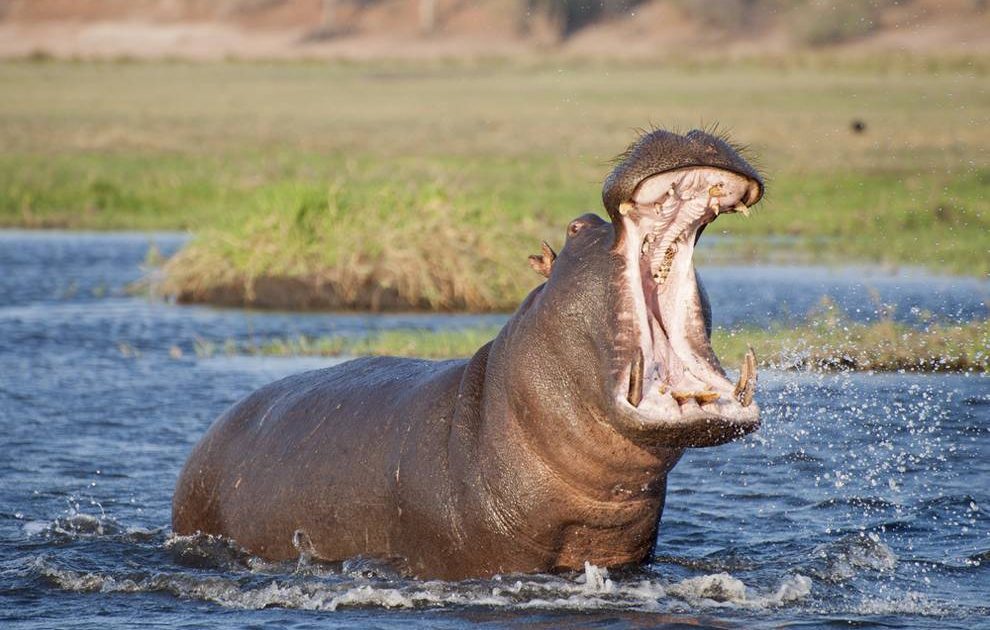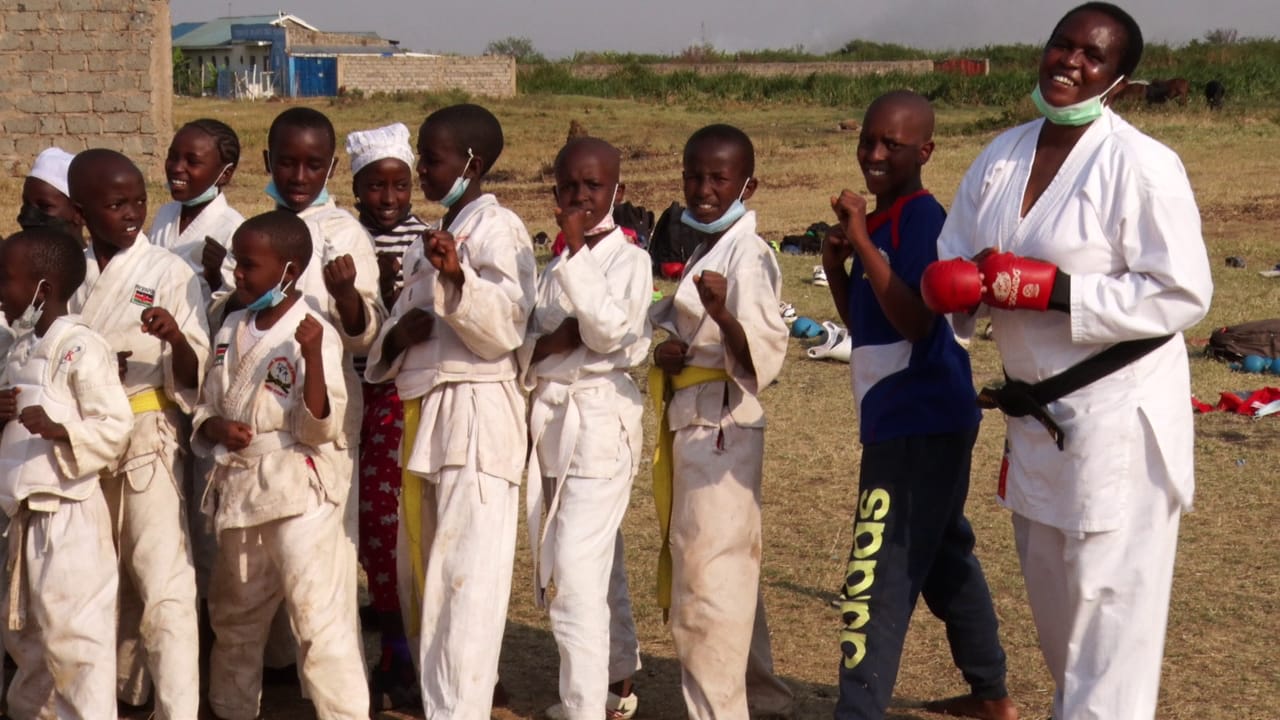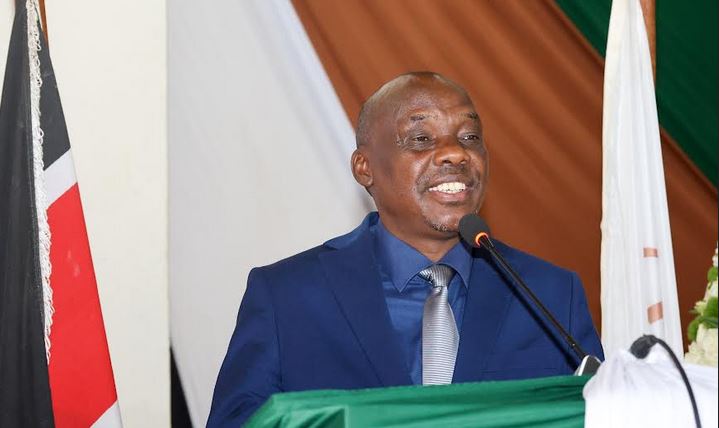The Kenya Wildlife Service (KWS) has embarked on zoning human- wildlife conflict hot spots along the shores of Lake Victoria to reverse rising cases of crocodile, snake and hippo attacks.
This follows a sharp rise in the lake’s water levels, a rare phenomenon which has forced the animals to move from their natural habitat into people’s homes.
Cases of hippos moving into homes and feeding on crops are on the rise since the grass they eat along the beaches has been covered by water.
The Kenya Wildlife Service (KWS) Nyanza Region Senior Warden Christine Boit confirmed that cases of human wildlife conflicts along the lake have skyrocketed over the last one year leaving behind a trail of destruction and adverse human injuries.
Boit said on average, eight cases were reported monthly from people either bitten by snakes slithering away from the advancing waters or attacked by hippopotamuses and crocodiles whose habitat has been destroyed.
“We continue to receive reports of pythons invading people’s homes causing panic and sometimes death. The pythons usually live-in reeds which have been swept away by water resulting in their mass movement in search of dry land,” she said.
She noted that over the last two weeks, two python attacks have been reported at Dunga and Seme respectively.
Zoning of hotspot areas, she said, was critical to enforce containment measures to reduce human- wildlife conflicts and avert deaths and adverse human injuries caused by the animals.
She said sections of Seme, Kisumu West, Muhoroni, Nyando and Nyakach Sub-Counties which border the lake, have been flagged as hot spots with KWS putting measures in place to address the challenge.
“The nature of attacks falls under three categories; crop destruction by hippos, predation on livestock by crocodiles and human injuries and death by the three aforementioned wild animals,” she said.
KWS, he added, has documented the cases and was in the process of compensating the victims based on the nature of losses and injuries.
“We have established a Community Wildlife Conservation and Compensation Committee (CWCCC) which has come up with a compensation programme to help cushion victims of these conflicts,” she said.
“The compensation depends on the degree of incapacitation in humans and in the case of crop destruction, an officer from the agriculture office is sent to assess the damage on the crops,” she added.
Through the initiative, she said KWS compensates up to Sh3 million for an injury that has led to amputation of a body part, Sh5 million to the next of kin of a victim who has died as a result of wild animal attack while livestock compensation is given in terms of the current market rate.
However, she noted the compensation was gradual with cases pending from the year 2018.
KWS has embarked on sensitizing the community on how to coexist with the animals as a long-term measure to reduce the rising conflicts, she added.
She urged members of the public not to plough close to the lake to avoid unwanted encounters with the wild animals.
By Juliet Akoth and Meredith Onyango




